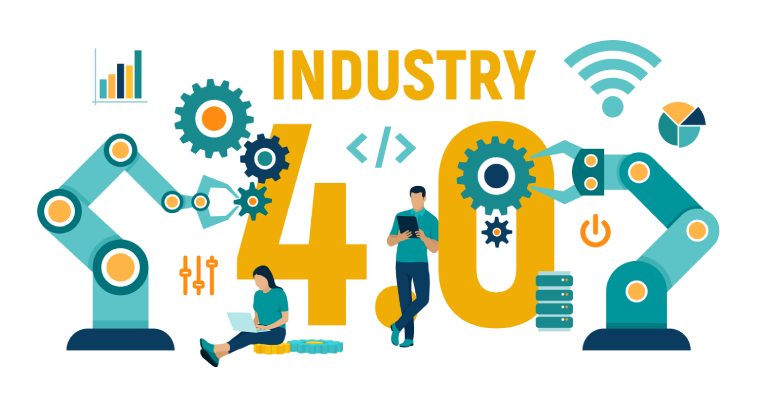

Industrial internet of things (IIoT) refers to a framework of interconnected machines and devices. Industrial processes that used to be manual in the past are now automated, thanks to IIoT technologies. Today IIoT is a fast growing sector that accounts for the maximum IoT spending in the world.
IIoT enables not only monitoring of the most complex processes, but also automate most of them and provides intricacies to problems of varying complexity. Some of the key application areas of IIoT are:
Equipments and machinery in a factory can be embedded or instrumented with sensors, so that it could transmit data regarding its operational status and conditions. A digitally connected units help in establishing remote monitoring, command, and control that delivers continuous improvements.
Factory equipments are made smarter by using IIoT technologies that not only monitor its operational conditions, but also configured to send alerts and notifications on pre-defined anomaly conditions. This triggers conservation of energy, cost savings, and increased efficiency.
IIoT technologies enables monitoring of production process end-to-end in real-time. This allows reducing cost through better management of operations and reduced wastes and reworks.
IIoT systems allow tracking and traceability of global supply chain. The end customers get notified of any significant deviations to the specification of the product they are expecting. Organizations can track their products, equipment, and materials in real-time monitoring using IoT. Companies use this data to manage their supply chain, reduce inventory and lower the capital requirements.
Big data analytics combined with IoT engineering services technologies can significantly improve plant security of its workers. IIoT solutions play a big role in ensuring better health, safety and environment in factories.
IoT Sensors collect product data throughout the product development life cycle stages. Information from multiple sources such as raw materials used, production environment parameters, end user feedback, etc. makes the analysis and correction of potential quality issues more robust.
Multiple factors that affect a product’s performance with the actual end users such as usage & handling patterns, deterioration during transit and impact of weather or road conditions can be gained by embedding smart sensors in the product or in packaging. Through these insights, manufacturers can reengineer their products and its packaging.
IIoT applications provide real-time supply chain information which gets automatically integrated with enterprise systems like ERP, PLM etc. This will enable all stakeholders to trace dependencies, production cycle times and material flow leading to reduced inventories and hence capital.
Organizations can track the energy usage in the facilities using IIoT systems and optimize the processes for maximum efficiency. This results in lower operating costs.
When the machines stay connected to the internet, it is easier to utilize them to their full potential. This significantly raises productivity levels and helps to cut expenses.
The sheer variety of functions that an IIoT-based system can perform makes it extremely versatile and beneficial. For successful implementation of IIoT, a company has to first arrange for a reliable platform. The platform should be able to provide all the necessary software, hardware, and connectivity. Gadgeon - IoT software development company developed Delpheon industrial IoT platforms promote shorter development cycles and cost-efficiency.